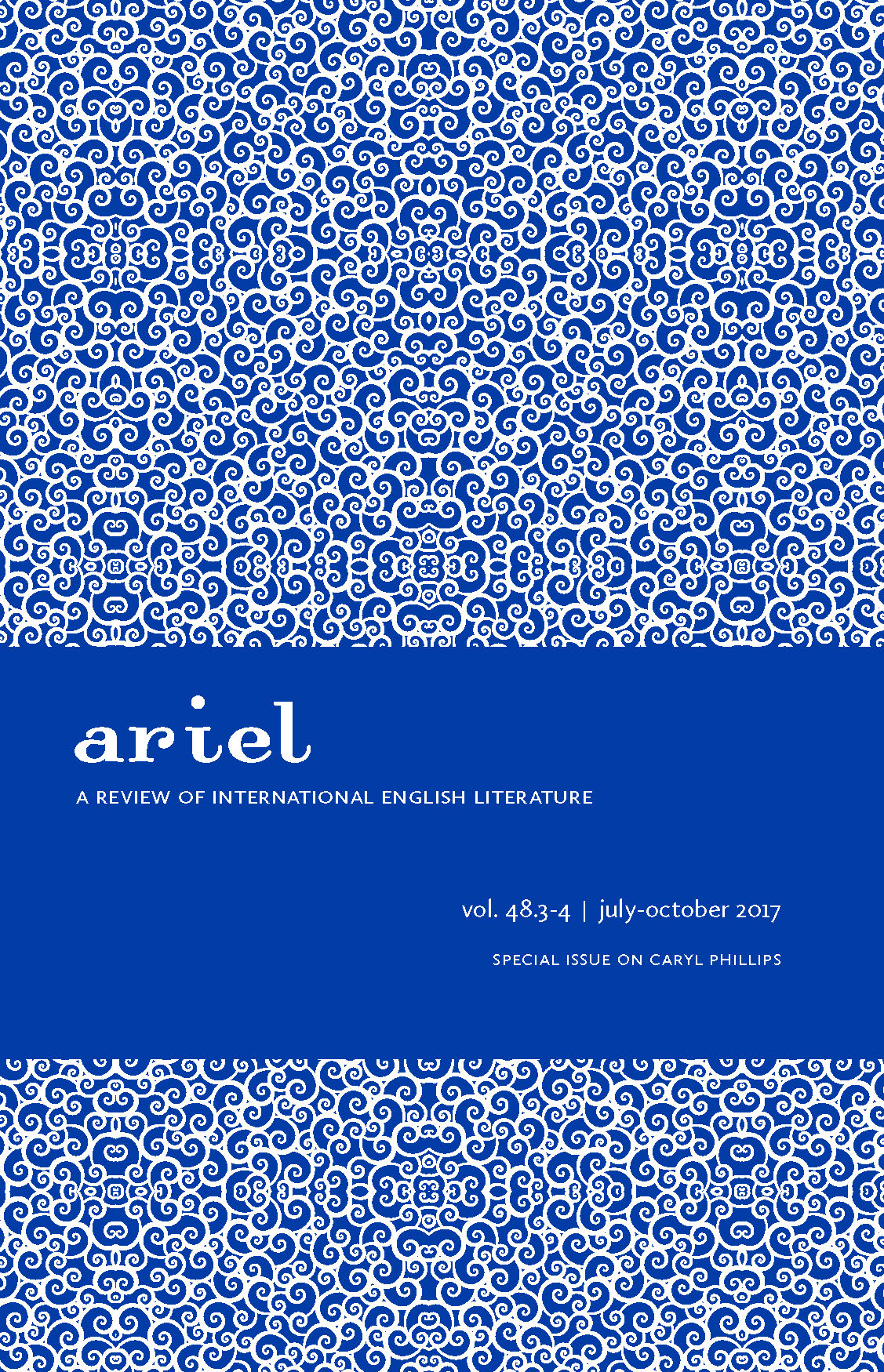Nature-Function in Caryl Phillips’s Cambridge
Keywords:
ecocriticism, Caryl Phillips, Cambridge, environment, humanAbstract
The author's ecocritical reading of Caryl Phillips’s Cambridge (1991) reveals the extent to which nonhuman landscapes in Caribbean fiction harbor a multiplicity of meanings. These meanings work in tandem with other sites of difference such as race and gender to produce the category “human” in a way that has gone unaddressed in the current ecocritical consensus surrounding the untenability of the human/nonhuman dyad. Instead of discussing the environment as a backdrop to human affairs and relations that it may or may not be seen as influencing, the environment in Caryl Phillips’s work operates, the author argues, as a form of “landscape-function” that echoes Foucault’s analysis of authorship. This “landscape-function” challenges approaches that foreground the environment as a pre-existing space that evolves outside of the subject and instead sees it as function of discourse, i.e. as instrumental to the construction of the humanist subject.


